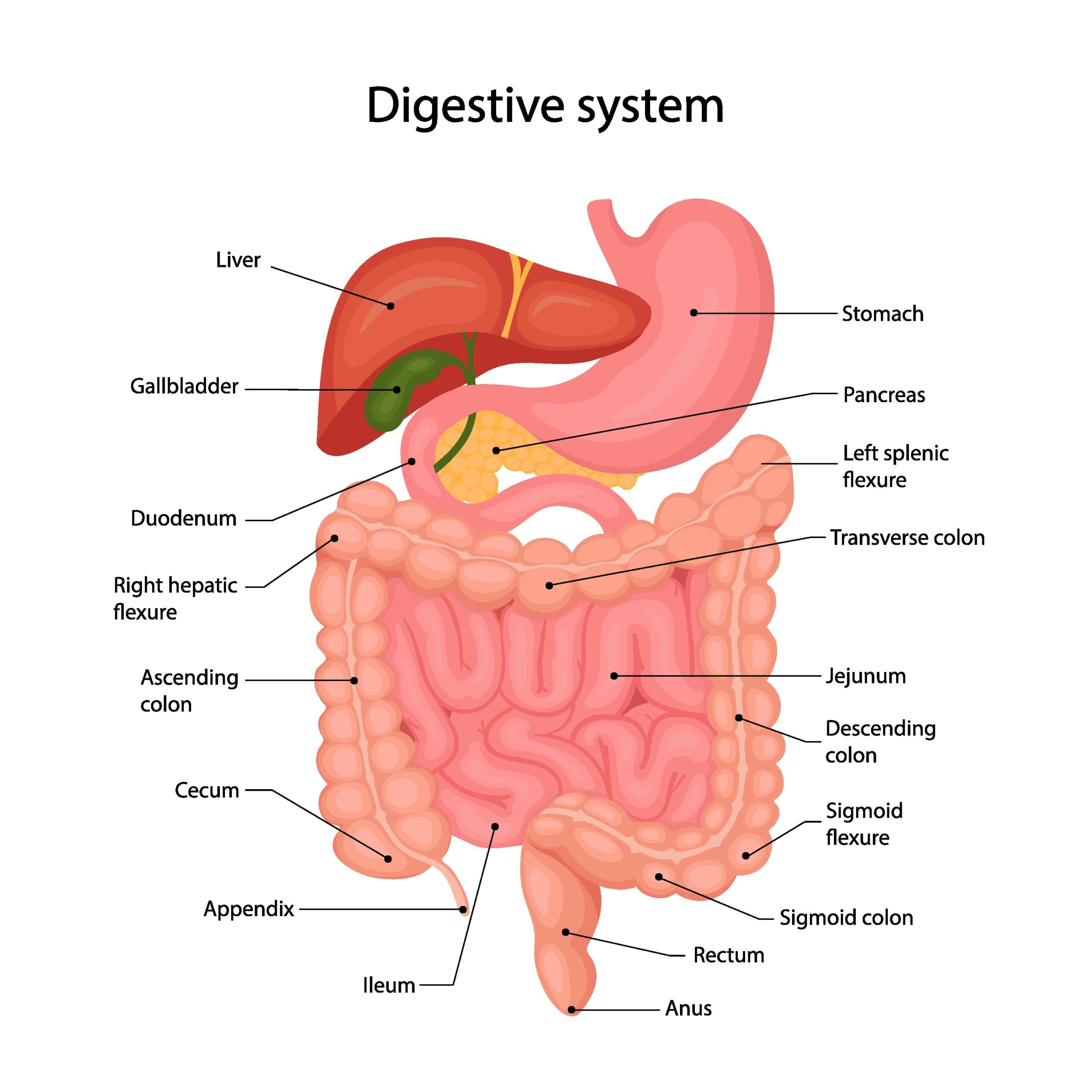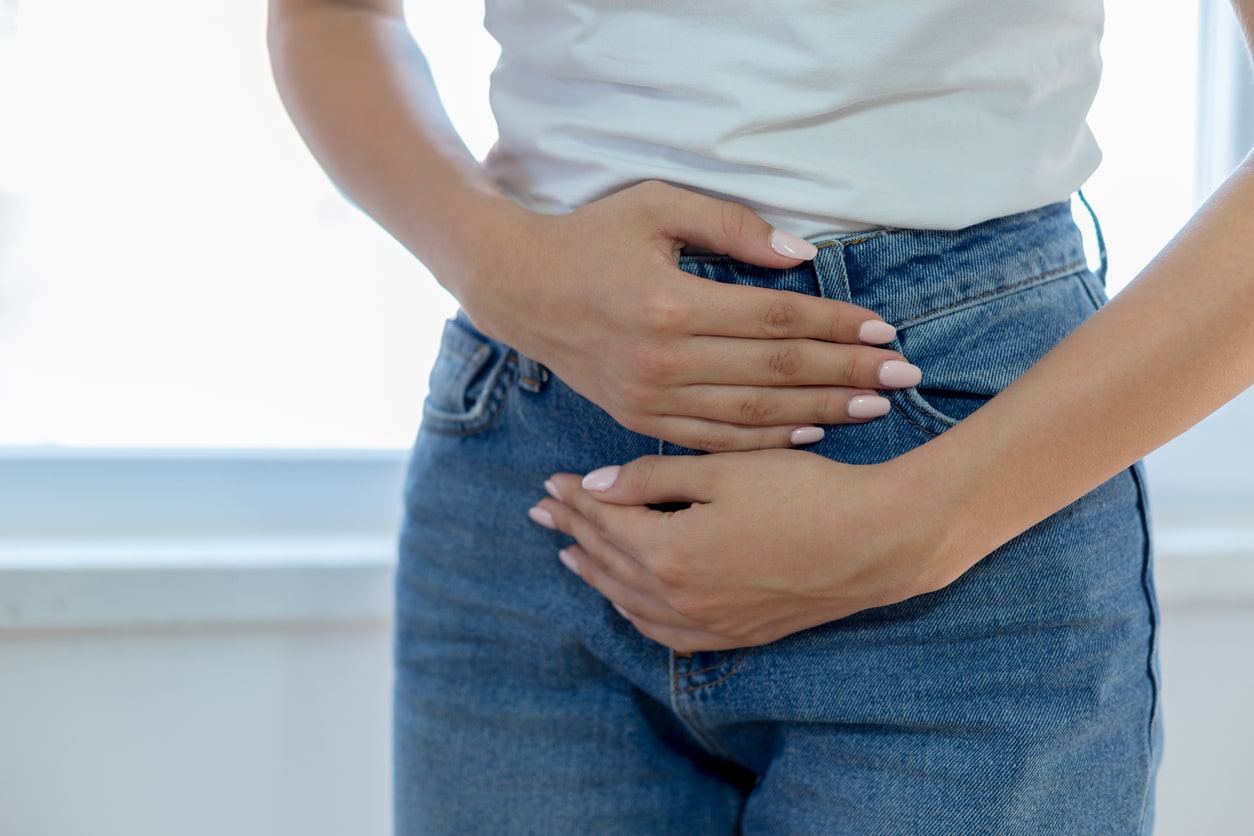
Decoding Digestive Distress: Navigating Abnormal Bowel Movements
Maintaining regular and healthy bowel movements is essential for overall wellness. Our digestive system is vital in eliminating waste and promoting proper body functions. Abnormal bowel movements can indicate underlying health issues, ranging from minor dietary imbalances to more serious conditions requiring medical attention. Whether you’re experiencing constipation, diarrhea, or other irregularities, we aim to equip you with the knowledge needed to maintain digestive health and recognize when it’s time to seek professional advice from our team.
What Constitutes a “Normal” Bowel Movement?
Before we explore abnormal bowel movements, it’s necessary to establish a baseline understanding of what a “normal” bowel habit is. The frequency of bowel movements can vary significantly from person to person, with some individuals experiencing multiple daily evacuations while others may have a movement once every few days. A general rule of thumb is that going longer than three days without a bowel movement is considered too long.
Regarding consistency, healthy stools should be solid yet soft and pass easily. The color typically ranges from light to dark brown, depending on the individual’s diet and other factors. Significant deviations from this norm, such as hard, dry stools or loose, watery ones, may indicate an underlying issue.

Types of Abnormal Bowel Movements
Abnormal bowel movements can manifest in various forms, each with its own set of potential causes and implications. Let’s explore the different types of abnormal bowel movements in detail:
- Constipation: Characterized by infrequent bowel movements, typically fewer than three per week, accompanied by difficulty passing stool. Stools may be hard, dry, and challenging to evacuate, often causing discomfort or pain.
- Diarrhea: Refers to the passage of loose, watery stools, often occurring more frequently than usual. This condition can be triggered by infections, food intolerance, medications, or chronic digestive disorders like Crohn’s disease or ulcerative colitis. Severe or persistent diarrhea can lead to dehydration and electrolyte imbalances, requiring prompt medical attention.
- Changes in Stool Color: Variations in stool color can indicate different health conditions. For example, black or tarry stools may signal internal bleeding, while pale or clay-colored stools could indicate liver or gallbladder issues. Green stools may result from severe diarrhea or dietary factors.
- Changes in Stool Consistency: Changes in stool consistency can also indicate an underlying health concern. Mucus or blood in the stool can indicate conditions like inflammatory bowel disease (IBD), celiac disease, or even colorectal cancer.
- Changes in Stool Frequency: Altered bowel movement frequency can be concerning. Going longer than three days without a bowel movement can lead to stool hardening and increased difficulty passing it. Multiple bowel movements per day may suggest the presence of diarrhea or other digestive issues.
Potential Causes of Abnormal Bowel Movements
Abnormal bowel movements can arise from a wide range of factors, both lifestyle-related and medical. Understanding the potential causes is crucial in determining the appropriate course of action. Consider the following:
- Dietary and Lifestyle Factors: Diet significantly influences bowel habits, impacting fiber intake, hydration levels, and consumption of specific foods or beverages. Physical inactivity, stress, and changes in daily routines can also disrupt normal bowel function.
- Underlying Medical Conditions: Various medical conditions, including chronic inflammation, hormonal imbalances, or disruptions in digestive processes, can significantly affect bowel habits, resulting in symptoms like constipation, diarrhea, or abdominal discomfort.
- Medications: Certain over-the-counter and prescription drugs can contribute to abnormal bowel movements. Antibiotics, pain relievers, antidepressants, and specific supplements can disrupt the digestive system, leading to constipation, diarrhea, or other bowel irregularities.
- Lifestyle Factors: Stress, anxiety, and a sedentary lifestyle directly impact digestive health, often worsening symptoms such as constipation or diarrhea. Irregular eating patterns and changes in daily routines, such as travel, can also disrupt normal bowel habits.
- Other Causes: Hormonal changes during pregnancy or menstruation and natural aging processes slow metabolism, which can lead to constipation. Overusing laxatives can create dependency and worsen constipation over time. Gastrointestinal surgeries or procedures may temporarily disrupt bowel function, causing irregularities in bowel movements.

Diagnosing Abnormal Bowel Movements
Diagnosing abnormal bowel movements involves reviewing medical history, conducting a physical exam, and performing diagnostic tests. Initially, your gastroenterologist will assess bowel movement frequency, consistency, appearance, and symptoms like pain or bloating. They’ll also ask about your dietary habits, lifestyle factors, and any medications being taken. Depending on the findings, further tests may be ordered, such as blood tests to check for infections or inflammation, stool tests to detect parasites or blood, and imaging studies like X-rays or colonoscopies to visualize the digestive tract.
In some cases, additional tests, such as breath tests for lactose intolerance or biopsies to check for specific conditions, may be necessary. Accurate diagnosis is crucial for determining an effective treatment plan.
Treatment Options for Abnormal Bowel Movements
The treatment for abnormal bowel movements will depend on the underlying cause. In many cases, lifestyle and dietary modifications can be the first line of defense in addressing the issue. This may include:
- Dietary Changes: Increasing fiber intake, staying hydrated, and avoiding trigger foods.
- Medications: Including laxatives, antidiarrheal medications, or medications to manage underlying conditions like Irritable Bowel Syndrome (IBS) or Irritable Bowel Disease (IBD).
- Lifestyle Modifications: Regular exercise, stress management techniques, and establishing a consistent bathroom routine.
- Probiotics: Supplements or foods containing beneficial bacteria to promote gut health.
- Surgery: In severe cases, surgical interventions may be necessary to correct structural issues or manage conditions like severe IBD.

When to Seek Help
Pay attention to changes in bowel habits and seek medical attention if they persist or are accompanied by other concerning symptoms. Early intervention is crucial to prevent worsening conditions and ensure prompt treatment. Key indicators that it’s time to consult your gastroenterologist include:
- Constipation or diarrhea lasting longer than two weeks.
- Rectal bleeding or the presence of blood in the stool.
- Severe abdominal pain or cramps.
- Unexplained weight loss.
- Persistent or recurring changes in stool color or consistency.
- Difficulty controlling bowel movements or a sudden urge to have a bowel movement.
Your Path to Better Digestive Health Starts Here
Abnormal bowel movements can be a concerning and disruptive experience, but understanding the various types and potential causes can help you take proactive steps toward addressing the issue. If you are experiencing persistent or severe changes in your bowel habits, contact our gastroenterologists to determine the underlying cause and receive appropriate treatment. For expert care and personalized treatment plans, contact Gastroenterology of Greater Orlando. Our experienced team is dedicated to helping you achieve better digestive health. Talk with us today to take the first step toward restoring your digestive health.